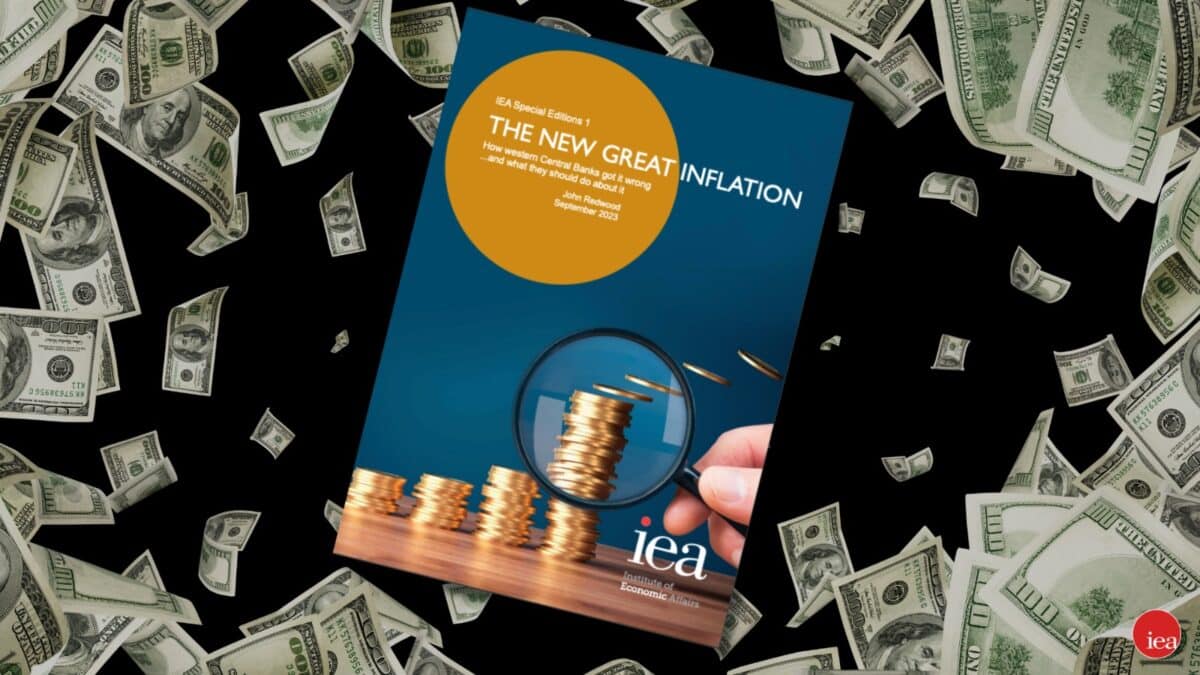Economic Freedom of The World: 2023 Annual Report
SUGGESTED



Executive Summary
The index published in Economic Freedom of the World measures the degree to which the policies and institutions of countries are supportive of economic freedom. The cornerstones of economic freedom are personal choice, voluntary exchange, freedom to enter markets and compete, and security of the person and privately-owned property. Forty-five data points are used to construct a summary index, along with a Gender Legal Rights Adjustment to measure the extent to which women have the same level of economic freedom as men. The degree of economic freedom is measured in five broad areas.
Area 1: Size of Government
As government spending, taxation, and the size of government-controlled enterprises increase, government decision-making takes the place of individual choice and economic freedom is reduced.
Area 2: Legal System and Property Rights
Protection of persons and their rightfully acquired property is a central element of both economic freedom and civil society. Indeed, it is the most important function of government. If property is not secure, if individuals are not safe, if the judiciary is not impartial, or if the rule of law is undermined, then, again, economic freedom is reduced.
Area 3: Sound Money
Inflation erodes the value of rightfully earned income and savings and changes the terms of agreed-upon contracts. Sound money is thus essential to protect property rights. When inflation is high or volatile, it becomes difficult for individuals to plan and limits their economic freedom.
Area 4: Freedom to Trade Internationally
Freedom to exchange—in its broadest sense, buying, selling, making contracts, and so on—is the essence of economic freedom. And this freedom is reduced when government impediments to trade make it costly or even impossible to exchange with businesses and individuals in other nations.
Area 5: Regulation
Governments not only use a number of tools to limit the right to exchange internationally, they may also impose onerous regulations, domestically as well as on international trade, that limit the right to exchange, gain credit, hire or work for whomever one wishes, or freely operate one’s business. As these limits multiply, economic freedom decreases.
Gender Legal Rights Adjustment
The index published in Economic Freedom of the World now includes an adjustment for gender disparity to take into account the fact that in many nations women are not legally accorded the same level of economic freedom as men. The Gender Disparity Index and its use in making the adjustment is described in Chapter 3: Adjusting for Gender Disparity in Economic Freedom and Why It Matters, pp. 189–211 in the report of 2017.
Jurisdictions
The total number of jurisdictions in the index is 165. The data are available annually from 2000 to 2021 and for years ending in zero or five back to 1970. This dataset makes it possible for scholars to analyse the impact of both cross-country differences in economic freedom and changes in that freedom across a time frame of several decades. Separate estimates are also provided at five-year intervals back to 1950 on the economic freedom website.
Related research
Since our first publication in 1996, over 700 studies have used the data published in Economic Freedom of the World to examine the impact of economic freedom on human well-being. The strong balance of the evidence suggests that those who live in jurisdictions with greater economic freedom experience higher levels of well-being as measured by factors such as greater productivity, more rapid economic growth, higher income levels, less poverty, less corruption, and fewer conflicts.
Fullscreen Mode



